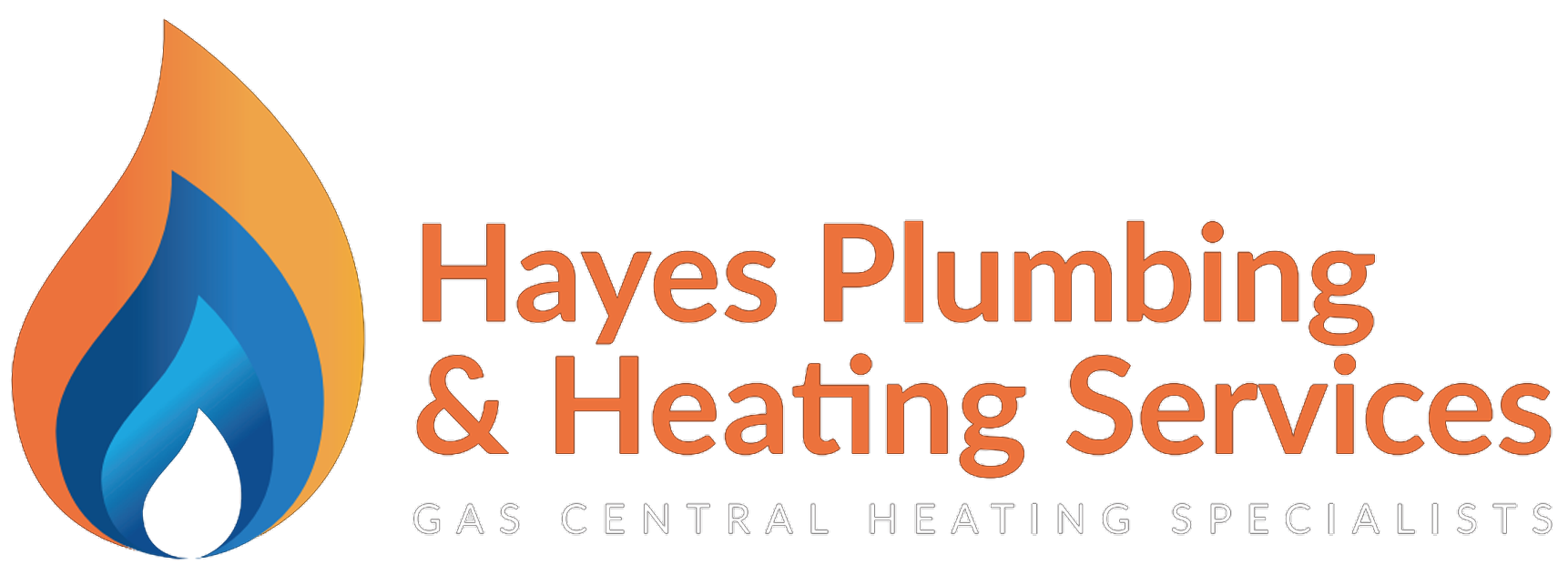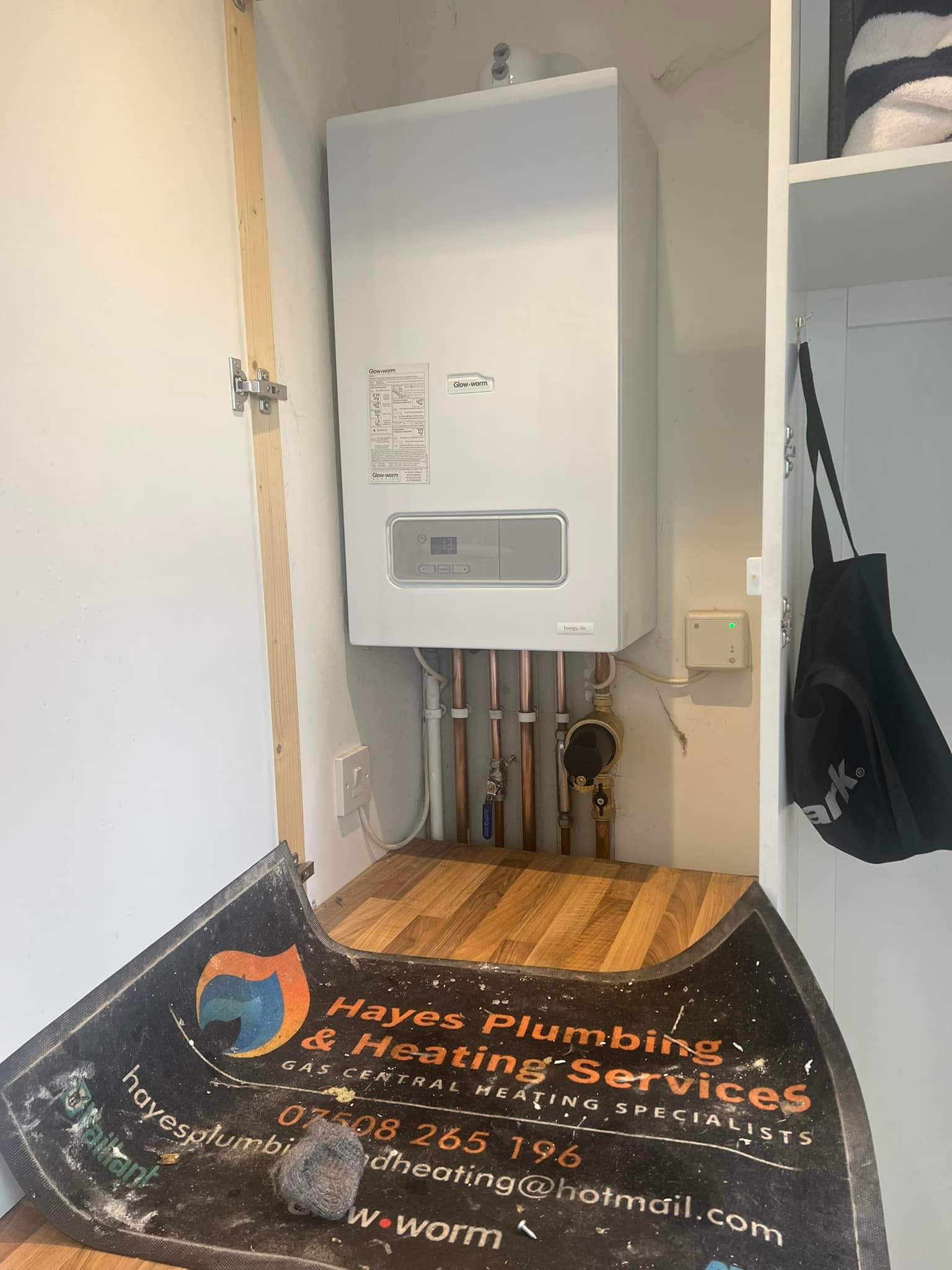The average life of a boiler depends on the boiler model, but generally, it should last you anywhere between 10 and 15 years. If you maintain your boiler regularly, however, it could even exceed this standard lifespan. It’s all about the steps you take to prevent any problems. You should also ensure you are contacting the right technicians to install a boiler or maintain a boiler
Generally considered the heart of the home, your boiler can contribute up to 60% of your energy bills, and that’s why it’s important that these major appliances are well taken care of.
By ensuring that your boiler is in good condition, you will have improved quality of heating and hot water, a reduced carbon footprint with subsequent reductions in energy bills, better levels of energy efficiency, and ultimately, peace of mind about a boiler you can rely on.
Below, we’ll focus on when to replace your boiler in order to prevent costly repairs.
1. Your boiler is too old
Although your boiler might be functioning as usual, after 10 to 15 years of use, it’s time for you to consider a replacement. Older appliances are usually less efficient than newer, more eco-friendly options. Older boilers lose pressure now and then and often require costly repairs to internal parts.
2. There are visible leaks
There are several reasons why your boiler might be leaking. These are related to a boiler pressure valve fault, corrosion in the system or the heat exchanger, temperature valve issues, loose pipe fittings or broken seals in the boiler pump, to name a few.
3. Does it often require repairs?
If you’re paying good money to have your boiler fixed several times a year, the chances are you’re throwing your money away. Boilers should run effectively for up to 15 years, and not be subjected to constant repairs. Add to this energy inefficiency and higher electricity and gas bills, you should know it is time call a Gas Safe Engineer to replace your boiler.
4. Strange smells and noises
If your boiler is making strange noises or emitting odd smells, this is a strong indication that there are internal problems with your boiler and you’ll need to have it repaired or replaced.
5. Check the flame’s colour
A yellow colour flame is a sign of carbon monoxide being emitted in your home. This is dangerous and can cause symptoms like dizziness, nausea, headaches. Carbon monoxide poisoning is fatal. Ideally, the flame should always be blue, and if it isn’t, you’ve got a problem on your hands and you need to call a Gas Safe Engineer as a matter of urgency.
6. Fluctuations in water temperature
When using water fixtures, such as taps, showers or baths, throughout your home you notice fluctuations in temperature, it may be time to have your boiler re-pressurised. If that doesn’t work, consider replacing your appliance.
7. Low-efficiency ratings
In short, a less efficient boiler (G-rated, for example) costs you more than an A-rated one. This is because it takes too long to heat up your water, causing inefficiency in the system itself. Getting an A-rated boiler is not only good for the environment but will also help you with your energy bills. Understanding efficiency ratings is an important step towards your right decision.
8. Your bills are way too high
You can save up to around £450 per year on your energy bills if you replace your old boiler with a modern, condensing boiler. High energy bills are another sign that your boiler may need replacement.




